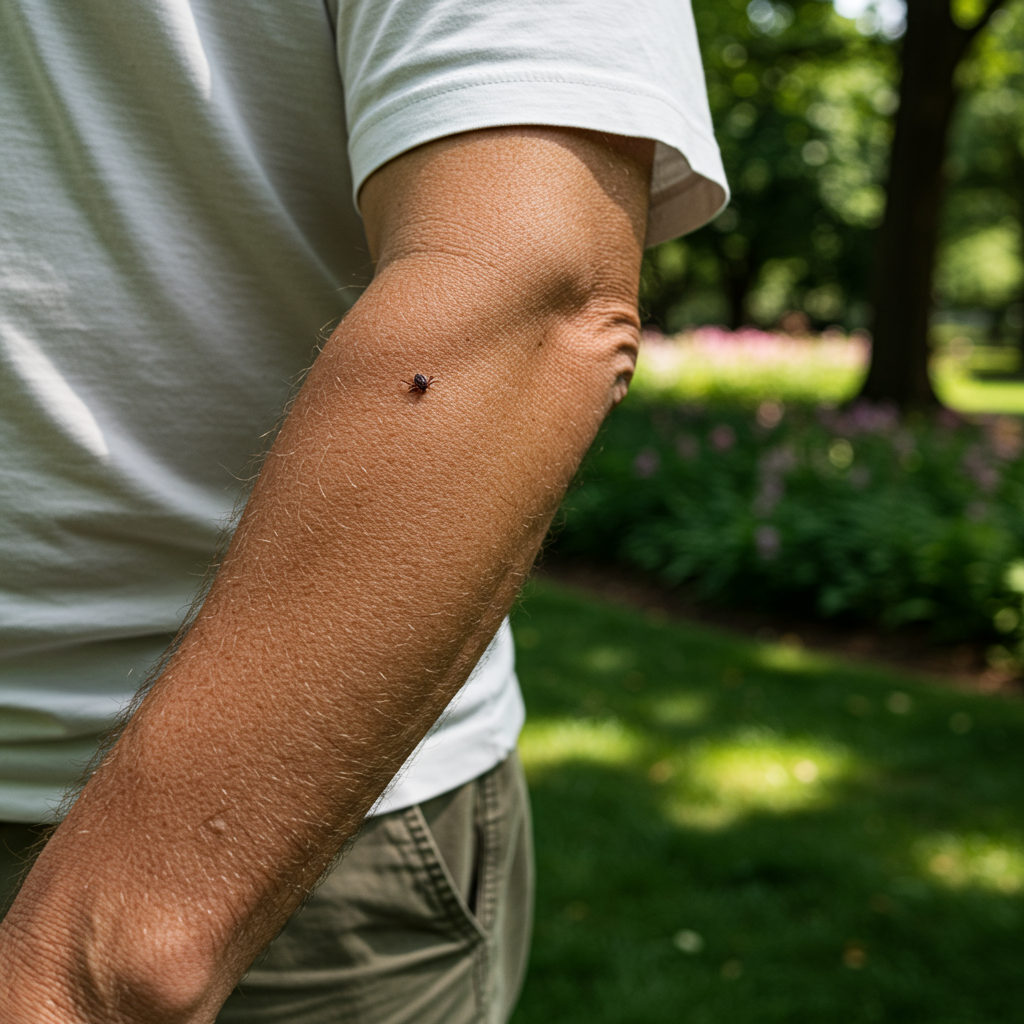Haiti’s renowned hotel Oloffson, a beloved historical landmark in the capital Port-au-Prince, has reportedly been destroyed by fire. Officials and the hotel’s manager confirmed the devastating news, attributing the arson attack to escalating gang violence gripping the area. The loss of the unique Gothic gingerbread structure, known for its rich history and cultural significance, has sparked widespread mourning both within Haiti and internationally.
The Grand Hôtel Oloffson, situated in the upscale Pacot neighborhood of Port-au-Prince, was far more than just accommodation. It was a living piece of Haitian history and culture. Built in the late 1800s as a private home for the family of Haitian President Tirésias Simon Sam, its intricate wooden latticework, spires, and turrets quickly made it a striking example of the nation’s distinctive “gingerbread” architectural style. This period of the building’s life was brief, as its purpose soon shifted with the changing political landscape.
A Century of Transformation
Following the U.S. Marine occupation of Haiti, which began in 1915, the grand residence was repurposed. It served as a U.S. Marine Corps hospital until the occupation concluded in 1934. This phase highlights the building’s adaptability, transitioning from a symbol of political power to a place of healing during a turbulent era. Its conversion into a hotel in 1935 by Swedish Navy Captain Werner Gustav Oloffson marked the beginning of its most celebrated chapter.
Under Captain Oloffson, and later under various owners, the establishment blossomed into a vibrant cultural hub. It became a magnet for artists, intellectuals, politicians, and international celebrities alike. Over the decades, its guest list included illustrious names such as Jacqueline Kennedy Onassis, Mick Jagger, and Tennessee Williams. The hotel’s unique atmosphere and storied past even captured the imagination of acclaimed writer Graham Greene, who famously used it as inspiration for the fictional Hotel Trianon in his 1966 novel, The Comedians. Set against the backdrop of François “Papa Doc” Duvalier’s brutal dictatorship, Greene’s portrayal cemented the Oloffson’s place in literary history, reflecting its role as a witness to Haiti’s complex political reality.
The morse Era and Cultural Resonance
The hotel’s trajectory shifted again in 1987 when musician and cultural figure Richard Morse took ownership. Morse, originally from the United States, married a Haitian woman and dedicated himself to reviving the Oloffson’s prominence. His passion transformed the hotel into a dynamic center for Haitian arts and music. Under his stewardship, the hotel became synonymous with weekly performances by his renowned band, RAM, whose roots music drew heavily on Vodou rhythms and themes. These vibrant Thursday night shows and the hotel’s famous Day of the Dead celebrations attracted diverse crowds, including Vodou practitioners and international visitors.
Morse’s vision for the Oloffson was to create a “vessel” for free expression. It welcomed people from all walks of life, regardless of their background or identity. The hotel wasn’t just a business for the Morse family; it was their home. Richard Morse spent nearly 30 years living and working there, raising his children and forming his band within its walls. His daughter, Isabelle Morse, described the Oloffson as her father’s “whole life,” embodying freedom and serving as a vital gathering space for the community.
Surviving Turmoil, Succumbing to Anarchy
The Grand Hôtel Oloffson had demonstrated remarkable resilience throughout Haiti’s turbulent history. It had successfully navigated periods of intense political upheaval, including coups and dictatorships. Furthermore, it stood strong through the devastating 2010 earthquake that crippled much of Port-au-Prince, a testament to its enduring structure and spirit. However, the current wave of escalating gang violence proved to be a challenge it could not overcome.
In recent years, gang activity has intensified dramatically across Port-au-Prince, including in previously safer neighborhoods like Pacot. This pervasive insecurity forced the Hotel Oloffson to close its doors to guests in 2022. Although operations had ceased, many people, including the Morse family, held onto hope that the situation would improve enough for the iconic establishment to eventually reopen. That hope was tragically extinguished by the recent fire.
The Tragic Events
Reports of damage to the hotel due to violence had circulated for months, according to Richard Morse, who had been overseeing the property remotely from the United States since its closure. Upon hearing news of a fire on Sunday morning, Morse arranged for a drone operator to survey the site. The operator’s somber response, advising him to “take a seat,” confirmed this incident was different from previous rumors. The extent of the damage was severe.
Local residents provided firsthand accounts of the attack. James Jean-Louis, living in the hills above the Oloffson, reported that the assault on the area began late on Saturday evening. He witnessed flames engulfing the hotel while he and other residents were forced to flee their homes. This chaos unfolded amidst heavy gunfire exchanges between multiple gangs and police forces operating in the vicinity. The “Viv Ansanm” gang coalition is believed to be responsible for the arson.
A Symbol of Loss
The news of the Oloffson’s destruction spread rapidly, particularly across social media platforms, prompting an outpouring of grief. Hundreds of Haitians and foreigners alike mourned the loss, reflecting the deep personal and cultural connections many had with the hotel. Riva Précil, a Haitian-American singer who lived at the Oloffson from age five to 15, shared emotional memories of the place. She described it as a place that “birthed so much culture and expression,” recounting how she learned essential skills like swimming, dancing, and singing within its grounds.
The director of the Institute for Safeguarding National Heritage, Patrick Durandis, officially confirmed the fire to the Associated Press, underscoring the recognized cultural significance of the loss. Due to the current control of the area by gangs, journalists and authorities have been unable to safely access the site to independently verify the full extent of the destruction. Photos circulating online depict the devastating aftermath, showing the formerly grand wooden structure reduced to smoldering ruins.
Richard Morse expressed his devastation but also a sense of perspective, noting that while the hotel’s loss is tragic, it occurs within a wider context of immense suffering in Haiti, where countless people are losing lives, being subjected to violence, and losing their homes and everything they own. The destruction of the Oloffson is seen by many as a stark symbol of the broader degradation of Haiti’s history and cultural identity amidst the ongoing crisis of lawlessness and widespread violence. Author Michael Deibert lamented that visiting the Oloffson offered a unique connection to Haiti’s political and cultural past, and its destruction mirrors the tragic loss of architectural heritage occurring across the nation.
Despite the current devastation and the grim reality facing Haiti, Richard Morse maintains a glimmer of hope for the future. He emphasizes the necessity of hope in overcoming challenges. “There’s no life without hope,” he stated, reflecting on the possibility of rebirth. This sentiment extends beyond the physical structure of the hotel to the potential restoration of Haiti itself, its art, and its vibrant culture. The Oloffson’s burning is a profound loss, but the legacy of its cultural impact and the hope for Haiti’s future resilience remain, even as the physical landmark is gone.
Frequently Asked Questions
What was the significance of the Hotel Oloffson in Haiti?
The Hotel Oloffson was a historically and culturally significant landmark in Port-au-Prince. Originally a presidential residence, it became a renowned hotel that attracted artists, intellectuals, politicians, and international celebrities like Mick Jagger and Tennessee Williams for decades. It was also famous as the inspiration for Graham Greene’s novel The Comedians and for hosting vibrant cultural events led by manager Richard Morse and his band RAM, serving as a hub for Haitian arts and expression.
How was the historic Hotel Oloffson reportedly destroyed?
According to reports confirmed by the hotel manager and officials, the Hotel Oloffson was burned down by gangs over a recent weekend. The arson attack occurred amidst intense gunfire exchanges between gangs and police in the surrounding Pacot neighborhood of Port-au-Prince. Gangs reportedly control the area, making it unsafe for independent verification of the damage, but eyewitness accounts and official confirmations point to its destruction by fire.
What does the burning of the Hotel Oloffson symbolize for Haiti?
The destruction of the Hotel Oloffson is widely seen as a tragic symbol of the devastating impact of ongoing gang violence and lawlessness on Haiti’s cultural heritage and national identity. Despite surviving past political turmoil and natural disasters like the 2010 earthquake, the iconic structure succumbed to the current anarchy. Its loss highlights the vulnerability of historic landmarks and the broader crisis facing the nation as violence erodes its past and jeopardizes its future.
Word Count Check: Approximately 1050 words



